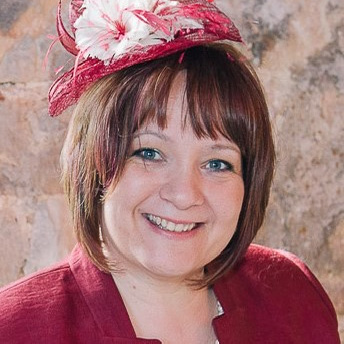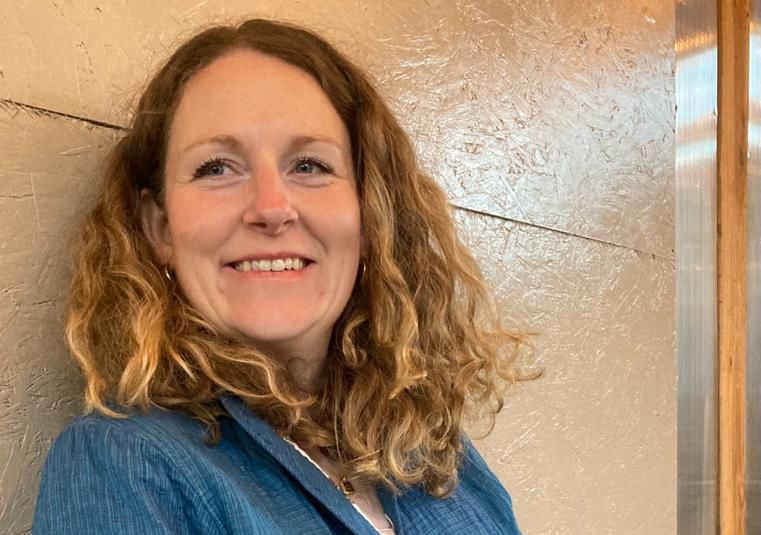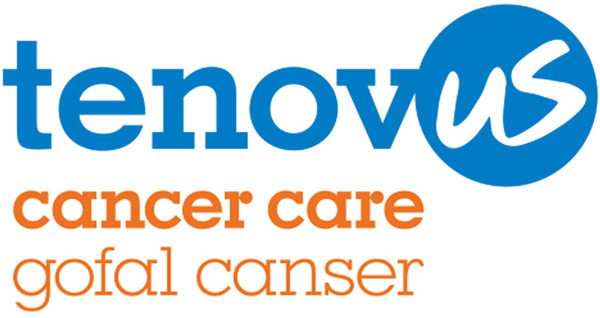
Donna Hayward
Kayleigh Lenney’s 57-year-old mum, Donna Hayward, had a uterine Leiomyosarcoma misdiagnosed in August 2022. Initially, her symptoms were dismissed as being related to a fibroid. She presented with a large and rapidly growing abdominal mass, weight loss, pain, vaginal bleeding, anaemia and fever.
Her symptoms were not consistent with the diagnosis of a fibroid. The NHS website states that fibroids typically develop with female reproductive hormones and thus, you can conclude that problematic ones are unusual in post-menopausal women. She was given antibiotics, simple pain medication, and advised to wait for a routine hysterectomy.
Less than four weeks later, she had an emergency admission for ongoing symptoms, and her hysterectomy was brought forward. However, she experienced life-threatening complications during her surgery with significant bleeding and infection, leading to two Intensive Care stays and further emergency surgery in between.
Three weeks after the emergency surgery, she received a diagnosis of uterine Leiomyosarcoma. Sadly, due to the way the tumour was removed, cancer cells spread to other parts of her abdomen and because of complications during her surgeries, she was not able to have any oncological treatment to delay the spread of her cancer.
Both the communication around her diagnosis and the availability of suitable ongoing treatment were poor. She was told of her cancer diagnosis when she was alone. Following this, there was communications with a specialist team, and she was told to expect chemotherapy or radiotherapy. An online treatment planning meeting ensued, during which the oncologist retracted this, and Donna felt “written off”. They stated that they thought it would return and there would be scan in 3 months.
She pressed on with rehabilitation at home, wanting to get out and about again, for whatever time she left. But within four weeks, she had extensive recurrence and spent her last Christmas and New Year in hospital. She was discharged in the new year and died within three weeks, at the end of January 2023.
Kayleigh said, “We had hoped to have more time with her and certainly would have anticipated a better quality of life, had her symptoms been taken seriously and her surgery happened promptly, during an opportunity where the tumour could be removed more safely.”
“As a family (and as a healthcare professional myself), I feel there is significant lessons to be learned from my mum’s case, that might help other women. The hospital did instigate its own investigation but concluded that, although they could have considered whether it was not a fibroid (in an MDT meeting, before surgery), this was insignificant due to it being ‘unlikely to change the outcome’. She would have died anyway, and this was their only quality standard.”
Whilst Kayleigh is realistic about this cancer type and the outcomes associated with it, she does not feel that her mother was afforded priority towards any quality of life. She felt that had they been listened to, she may have had more time, less trauma, pain and psychological distress.
Donna was a nurse, who had spent most of her career working within the same hospital. She fully understood the significance of patient’s voice, quality of life and holistic care.






